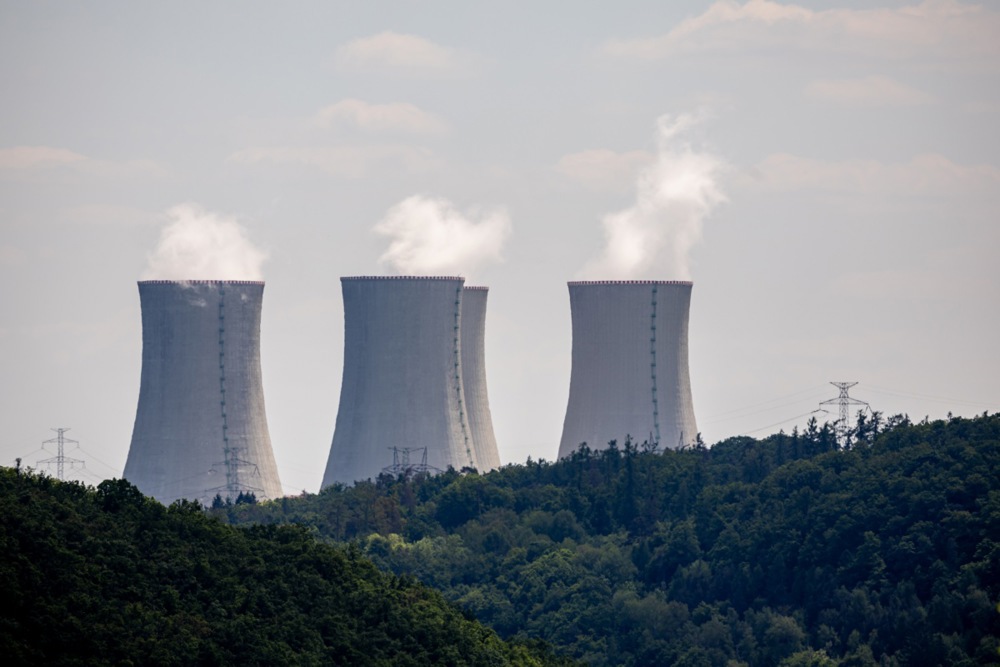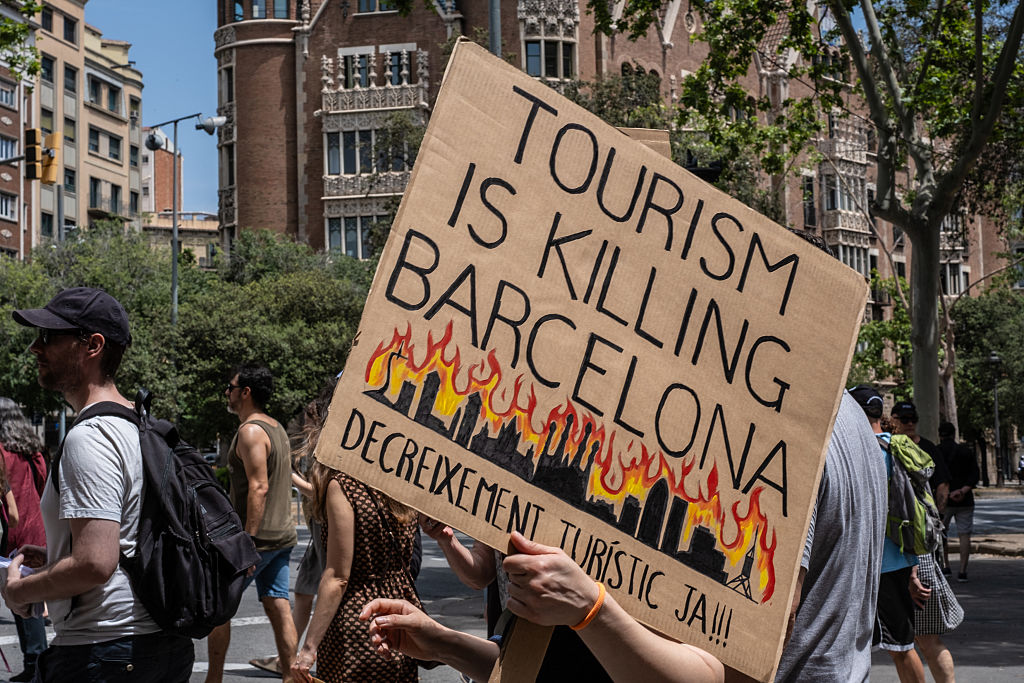Gergely Karácsony, the Greens Mayor of Budapest, said he wanted to host the Pride parade in his city, despite a police ban and objections from the national government.
In a message on Facebook on June 16, Karácsony said the local government would host the event, teaming up with the Rainbow Mission Foundation, organising the 30th Pride parade.
“In this city, there are no first or second-class citizens. In this city, we know that we can only be free together,” the mayor of the Hungarian capital said.
“So in this city, neither freedom nor love can be banned and the Budapest Pride cannot be banned either.”
Karácsony said, no permits would be needed because it would be a municipal event.
He also attended the Vienna Pride that ran from May 31 to June 15, where he told the crowd to meet in his city on June 28 in Budapest.
According to Karácsony, with the Pride event, Budapest would revive the earlier tradition where the city celebrated freedom every June, in remembrance of the withdrawal of Soviet troops in 1991.
Máté Hegedűs, spokesman for Budapest Pride, said: “It is a constitutional right to assemble peacefully, to be together and to march for our human dignity and for our fundamental rights, and we will do this on June 28, courageously, with the same attitude and organisation of our community.”
“This fight is not only for the LGBTQ community but for everyone. Together with Budapest, we will protect ourselves, and also those who are now afraid, who are now silent, who are now in danger: civil society, Hungarian citizens,” he said.
Earlier this year, local police denied a request to hold a Rainbow Parade in Budapest.
“It cannot be ruled out, or is even inevitable, that a person under the age of 18 will be able to engage in legally prohibited conduct” if attending the proposed march, the police authority said.
It also issued a warning for “passive victims,” who, “because of the assembly’s march-like nature, did not wish to attend the assembly but, because of its public nature, nevertheless become a bystander”.
The Budapest police released pictures and videos of previous Pride events, claiming they showed how the parade would violate new laws approved in March, banning certain gatherings in public.
The police authority had rejected the organising of the event twice but the court annulled both prohibitions.
The Hungarian Government, led by Prime Minister Viktor Orbán, has been restrictive toward Pride parades, citing worries over child protection.
According to new legislation, it was forbidden to hold an event that “promotes homosexuality” and the organisers and participants could be fined up to 200,000 Hungarian Forints(€500).
In a speech to supporters in February, Orbán advised organisers “not to bother organising this year’s parade”, calling it “wasted money and time”.
That policy has been met with opposition from Brussels and establishment parties, which embraced gay pride as part of the civil rights movement.
Several European Union parliamentarians have signalled they wanted to take part in the Budapest parade.
Politicians from the Hungarian government downplayed the rhetoric and stressed that the rights of sexual minorities were not being violated.
Gergely Gulyás, the minister heading the Prime Minister’s office, said during a press briefing that equality could be expressed in Kincsem Park, more on the outskirts of the city, instead of downtown Budapest.
János Lázár, Minister of Construction and Transport, however, said earlier that he hoped there would not be a Pride parade there either, “for the sake of the horses” in the park.
Conservatives in Budapest pointed out that Karácsony was spending taxpayers’ money on the event. In addition, they said, he was demanding millions of euros from the central government and threatened to shut down public transport over financial issues.
Alexandra Szentkirályi, who leads the Fidesz Party in Budapest, asked: “Is this really the most important thing for the mayor? Is it really in the financial situation that Karácsony and the Tisza coalition in Budapest have put the capital in, or is the main task now to organise Pride?
“I’ve seen what happens in Vienna at these events. Naked adults parading in the streets,” she claimed.
“Is that what children in Budapest have to see?”






